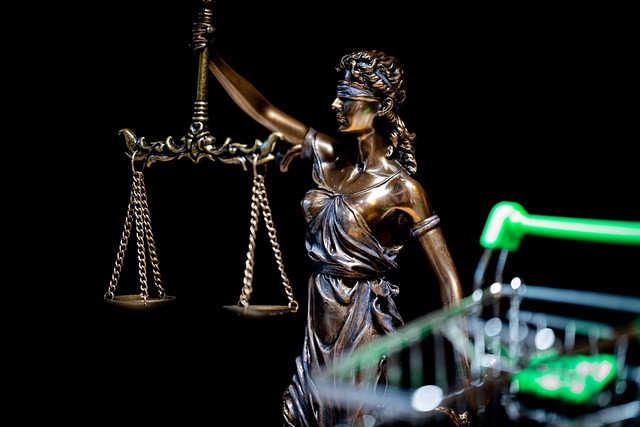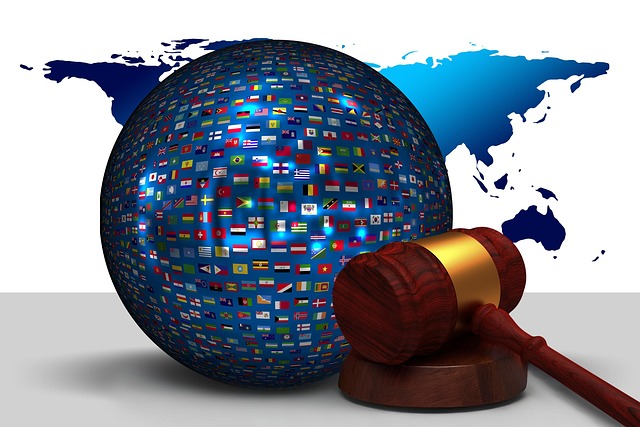Environmental Crime Trials require specialized lawyers who balance ecological concerns with legal rigor. These professionals, often labeled as Lawyers for Intellectual Property Disputes, navigate complex landscapes by presenting robust evidence and strategic defenses to convict perpetrators of pollution, deforestation, and other environmental crimes. Notable cases like United States v. Dow Chemical Co. have promoted environmental justice, setting precedents that strengthen legal frameworks and empower communities. These lawyers play a critical role in achieving verdicts not just for indictment but as deterrents for future offenses, contributing to both environmental preservation and fair justice administration.
“Uncover the world of environmental crime trials, where legal battles safeguard our planet. This article explores the intricate relationship between law and environmental protection through a lens focused on intellectual property disputes. Understanding these trials involves delving into their unique challenges, from complex evidence to international jurisdiction. We examine the pivotal role of lawyers in navigating these disputes, analyzing notable cases that have shaped environmental legislation globally. Prepare to discover how these trials impact our future, fostering a greener and more accountable world.”
- Understanding Environmental Crime Trials: A Legal Perspective
- The Role of Lawyers in Environmental Disputes and Prosecutions
- Case Studies: Notable Environmental Crime Trials and Their Impact
Understanding Environmental Crime Trials: A Legal Perspective

Environmental Crime Trials represent a unique intersection of environmental law and criminal justice. From the perspective of a lawyer for intellectual property disputes, these trials require a nuanced understanding of both complex ecological issues and stringent legal procedures. The primary goal is to hold perpetrators accountable for actions that cause significant harm to our planet, be it through pollution, deforestation, or other forms of ecological destruction.
These jury trials are not merely about avoiding indictment; they aim to deliver winning challenging defense verdicts that serve as a powerful deterrent. Lawyers play a pivotal role in navigating these complex cases, ensuring that the rights of all parties are protected while striving for justice. By presenting compelling evidence and employing strategic defenses, legal professionals help shape the outcome, ultimately contributing to the preservation of our environment for future generations.
The Role of Lawyers in Environmental Disputes and Prosecutions

In environmental crime trials, lawyers play a pivotal role, serving as key navigators in complex legal landscapes. These disputes often involve intricate regulatory frameworks and scientific evidence, making specialized knowledge essential. Lawyers for intellectual property disputes, with their expertise in environmental law, are increasingly involved in prosecuting cases that range from pollution violations to habitat destruction. They leverage their understanding of both the letter and spirit of environmental legislation to build robust cases.
These legal professionals also represent defendants in white collar and economic crimes, providing a critical role in the defense strategy. In jury trials, they articulate complex scientific data into accessible arguments, ensuring that the jury understands the nuances of the case. As white collar defense attorneys, their goal is not just to defend but also to advocate for a fair interpretation of laws, often working towards mitigating penalties and fostering more balanced environmental policies.
Case Studies: Notable Environmental Crime Trials and Their Impact

Notable Environmental Crime Trials and Their Impact
Environmental crime trials have been pivotal in shaping how we address environmental degradation and its culprits. Case studies like the United States v. Dow Chemical Co., which addressed pollution and its effects on a local community, have sent powerful messages about corporate accountability. These trials not only hold corporations and individuals responsible for their actions but also set precedents that reverberate across the country. Achieving extraordinary results, they serve as guidelines for future cases, ensuring that environmental justice is served and white collar defense strategies are scrutinized under a microscope.
Through these trials, communities have found voices to demand action against environmental violators. The impact extends beyond punishment; it fosters awareness, enhances legal frameworks, and encourages proactive measures to prevent such crimes. Lawyers specializing in intellectual property disputes play crucial roles in these cases, navigating complex legal landscapes to protect public interests and ensure that those responsible are held accountable for their actions that have had detrimental effects on the environment and communities at large.
Environmental crime trials play a pivotal role in holding perpetrators accountable and safeguarding our planet. By examining real-world case studies, it’s evident that these legal processes have significantly impacted environmental conservation efforts. Lawyers specializing in intellectual property disputes often find themselves at the forefront of these cases, leveraging their expertise to protect ecological integrity. As the fight against environmental degradation intensifies, a robust legal framework and skilled practitioners will be indispensable in shaping a sustainable future.






